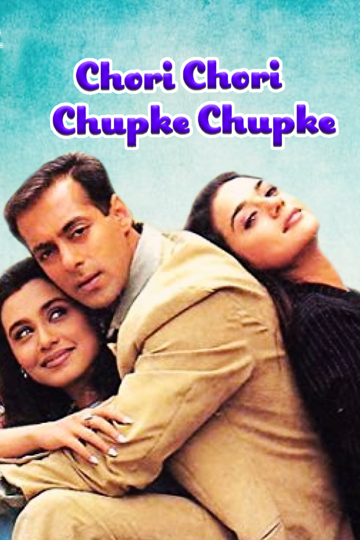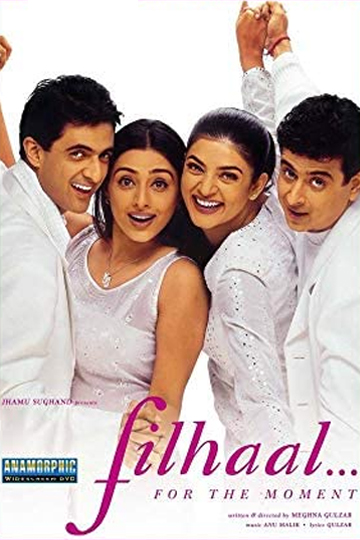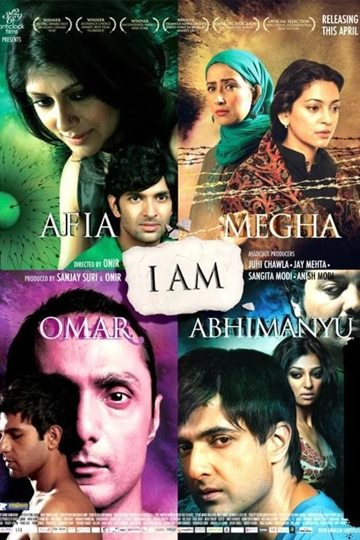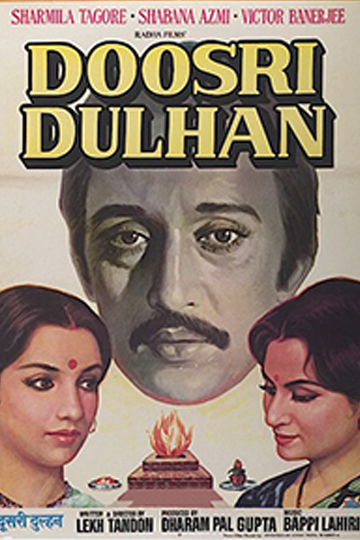Surrogacy- Carrying a Miracle
The global prevalence of infertility is on the rise, which has spurred the advancement of Assisted Reproductive Technology (ART). When an infertile woman or couple struggles to conceive, surrogacy is recommended as a potential alternative. In medical and legal terms, Surrogacy is a contract in which a woman carries a pregnancy for another couple. Surrogacy is no longer commercially permitted in India since June 2022. Although it seems that everyone involved will benefit from this arrangement, there are some sensitive concerns that need to be addressed through carefully crafted rules in order to protect the surrogate mother’s and the intended parents’ rights.
There are two types of surrogacies:
- • Partial (genetic)
- • Full (gestational)
In partial surrogacy, the surrogate mother also serves as the child's genetic mother, and the commissioning father's sperm is typically used in artificial insemination to create the kid.
In full surrogacy, the commissioning couple is the kid's biological parents, and IVF is used to conceive the child in a medical facility.
Who uses Surrogates?
Parenthood has also been made possible for those who might not be capable of adopting a kid due to their age or marital status; Thanks to Surrogates!
Several factors may lead you to consider using a surrogate:
- • Issues with your uterus health
- • You underwent a hysterectomy in which your uterus was removed
- • You have medical conditions that make pregnancy risky or impossible for you
- • Heterosexual couples who have struggled with infertility
Modern surrogacy methods present new prospects for conception, but they also raise unexpected ethical and regulatory concerns. In addition, children born through this procedure are exposed to violations of rights due to the lack of international regulation governing such agreements, and the practice may frequently lead to the sale of infants.
Adverse effects of surrogacy
Concern over the potential negative outcomes of surrogacy for surrogate moms has generated a great deal of apprehension. There have been theories that handing over an infant might be very distressing and lead to psychological issues. Additionally, there has been concern that the surrogate mother would develop an attachment with the baby before giving birth, which would make it particularly challenging for her to give the child to the commissioning parents.
However, it has been hypothesized that surrogate mothers may tend to distance themselves from the unborn child since they feel the infant, they are carrying is not their own. They may be more inclined to endanger both their health and the health of the unborn kid as a result of this alienation.
If a surrogate decides to hand over the child, her psychological well-being may be further impaired due to the possibility of postpartum depression as well as any associated feelings of resentment or guilt. The psychological well-being of surrogate moms may also be influenced by other circumstances, such as whether or not the commissioning couple was known to the surrogate mother before the surrogacy arrangement and whether or not the surrogate mother is the child's genetic mother.
Top 5 Surrogacy references from BIG SCREEN
Numerous Bollywood films have made an effort to delicately depict the sensitive subject of surrogacy. Let's look at a few of these movies.

1. Mimi
Mimi played by Kriti Sanon, portrays a dancer who accepts to be a surrogate mother for an American couple in the movie Mimi in exchange for Rs 20 lakh. She initially baulks but then decides. When the spouse suggests that she abort the child since they no longer want a child because the infant has down syndrome, things get ugly. However, she continues with the pregnancy, gives birth, and raises the child.

2. Chori Chori Chupke Chupke
One of the first prominent Bollywood movies to address surrogacy was Chori Chupke Chupke. An unmarried couple pays a sex worker to bear their child. However, when she falls in love with her husband and insists on keeping the child, things get challenging for the couple. This Abbas Mustan movie, which starred Salman Khan, Rani Mukerji, and Preity Zinta, launched the conversation about the taboo subject even though it was packed with Bollywood clichés.

3. Filhaal
Rewa Singh and Sia Seth (played by Tabu & Susmita Sen respectively), two buddies, are featured in this Meghna Gulzar movie. Rewa, a married woman is unable to conceive, so her friend steps in to act as the surrogate. Sushmita Sen and Tabu gave powerful performances, and the movie also showed how a big step like this can transform relationships in a very realistic way.

4. I Am
Surrogacy was the subject of a segment titled I Am Afia in Onir's widely acclaimed anthology I Am. In the Nandita Das and Purab Kohli-led movie, we saw a woman in a fertility clinic waiting to become pregnant. In the film I Am, a single woman demonstrates her desire to have children but her fear over how society will see her unique journey.

5. Doosri Dulhan
In this 1983 movie starring Shabana Azmi, Sharmila Tagore, and Victor Banerjee, a childless couple employs a sex worker to carry their child. Doosri Dulhan wasn't as commercially successful as it may have been because it was a drama produced way before its time. Furthermore, it presented sex workers in a complex and unbiased manner.
Treatment for infertile heterosexual couples, lesbian and homosexual couples and single women experiencing involuntary childlessness has advanced significantly in the last few years. Furthermore, significant developments in treatment options are likely to become accessible in the next 2 decades, and when they do, they will be the topic of the public discussion and media attention required to integrate new methods into society at large. Surrogate motherhood remains one of the treatments currently available that many people continue to have doubts about. Medical practitioners involved in surrogacy must address the psychological situations that exist within the sociocultural contexts in which various forms of reproductive arrangements take place.
For more info, Follow : medlineacademics.com
